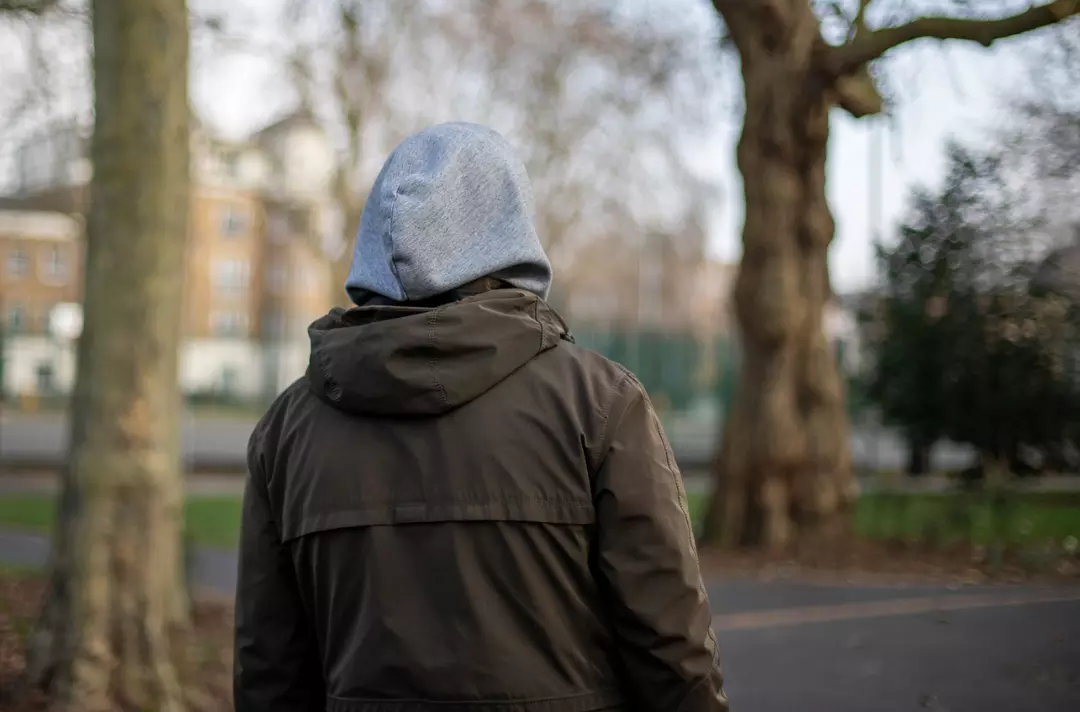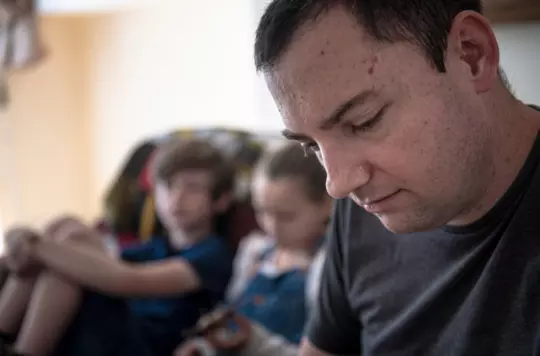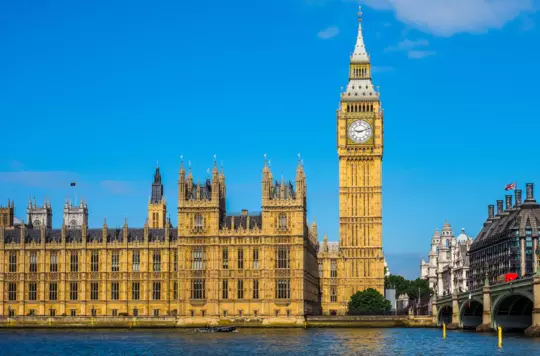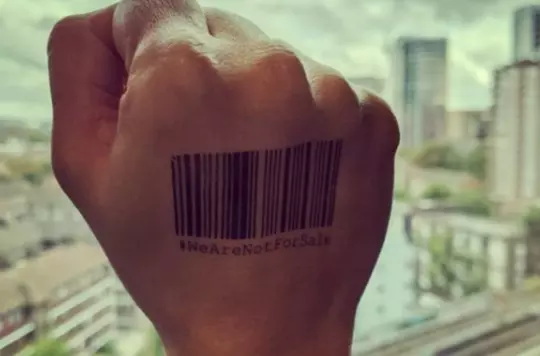11 May 2022
Modern slavery: Giving survivors a voice in public policy
Captain Marion Rouffet

Captain Marion Rouffet highlights the biblical basis for the Army’s response to modern slavery.
There are an estimated 40.3 million people in modern slavery in the world today, including 10 million children. Using deception and physical and psychological coercion, criminals force children and vulnerable adults into forced labour, forced criminality, domestic servitude, sexual exploitation or the removal of their organs – a business that is reportedly worth £115 billion each year.
It’s hard not to cover our ears when we hear of the deep suffering caused by those who exploit vulnerable women, girls, men and boys in this way. Stories told by survivors are painful to hear. Yet the Bible teaches us that covering our ears is the very last thing that we should do.
Through the prophet Amos, God made it clear that the gathered worship of Israel meant nothing when they chose to live for their own comfort, paying no attention to the suffering of others: ‘Away with the noise of your songs! I will not listen to the music of your harps. But let justice roll on like a river, righteousness like a never-failing stream!’ (Amos 5:23 and 24).
The word ‘slavery’ appears often in the Bible, although never explicitly in denouncing the act of modern slavery as defined above. We see examples of slavery throughout the Old Testament and sometimes people who were slaves become key figures in the history of ancient Israel. Joseph in Genesis 39–41 and Moses in Exodus 2–15 are two such examples.
In Deuteronomy and Leviticus, we find attempts to end slavery among the Hebrew people. Deuteronomy 15 announces that slaves should be freed after six years and in doing so be furnished ‘liberally’ from their owners’ flock, winepress and threshing floor (see v14). In Jeremiah, we read the repeated demand that ‘everyone should set free his Hebrew slaves, male and female, so that no one should enslave a Jew, his brother’ (34:9 English Standard Version). Levitical law told the people of God never to forget that they were once slaves in Egypt (see Leviticus 19:33 and 34).
In the New Testament we see references to slavery and servanthood being accepted by society at the time. Peter directed followers of Jesus who were servants to ‘be subject to your masters with all respect, not only to the good and gentle but also to the unjust’ (1 Peter 2:18 ESV). Whether servanthood referred to exploitation depended on the temperament of a person’s master.
Jesus himself never speaks directly against the practice of slavery, yet any form of exploitation or oppression of others strikes at the heart of humanity being created in God’s image.
We need only look at the biblical use of the words ‘poor’ and ‘oppressed’ to understand that people who are victims of exploitation are included when Jesus quoted Isaiah, saying that he had come ‘to proclaim good news to the poor … to proclaim freedom for the prisoners and recovery of sight to the blind, to set the oppressed free’ (Luke 4:18).
The Greek word ‘poor’ in the New Testament is ptóchos, which an article in the USA Western Territory’s Caring magazine describes as creating ‘the image of someone who is cowering or bent down – like a beggar’. ‘Being “poor” was more than just being without money,’ the article continues, ‘it was also being without a voice, influence and position.’
‘Woe to him who builds his house by unrighteousness, and his upper rooms by injustice, who makes his neighbour serve him for nothing and does not give him his wages’ (Jeremiah 22:13 ESV). In other words, pay an honest day’s wages for an honest day’s work.
More than this, Proverbs 31:8 and 9 tell us: ‘Speak up for those who cannot speak for themselves, for the rights of all who are destitute. Speak up and judge fairly; defend the rights of the poor and needy.’ This is a call not just to compassion but to active compassion. It is a clear command not just to love our neighbour but to act in love towards our neighbour, whether we know them or not.
The Salvation Army condemns the exploitation of people for personal economic gain. At the Movement’s heart is the call to love God and love others and to be a part of making life in all its fullness more than just an ideal.
In England and Wales, the Army actively supports survivors of modern slavery through the government’s Modern Slavery Victim Care Contract, meaning that the Army provides aid and, where needed, safe housing to adult survivors of modern slavery. Assistance offered by Salvationists, who have been trained as first responders or who volunteer to transport survivors to places of safety, forms part of this response.
As a result of this direct experience, the Army’s Anti-Trafficking and Modern Slavery team can speak directly to the Home Office, giving survivors a voice and including them in decisions that will impact them and others like them in the future.
In addition, the THQ Public Affairs Unit (PAU) works with MPs from all parties to ensure the issue of modern slavery remains clear and prominent in the political landscape. Reports based on The Salvation Army’s practical work are generated to lobby for change, advocating for greater justice in legal processes and systems.
Recent research showed that a quarter of survivors in Army safe houses have dependent children for whom appropriate psychological support should be provided. The PAU works with non-profit organisations and faith groups to campaign for change, always seeking to amplify discussions around modern slavery and increase public awareness and action.
As Christians we each have a biblical directive to respond. Collectively and individually we can fulfil this calling by praying, raising awareness and responding practically, while continuing to speak with the people who have the power to change systems for the better.
- This article was originally published in Salvationist magazine on 30 April 2022.
Written by

Captain Marion Rouffet
Corps Officer, Maidstone, and Public Affairs Officer
Discover more

Captain Marion Rouffet highlights the role of the Army’s Public Affairs Unit and the biblical basis for its work.

We speak into areas of public policy to support change for the benefit of some of the most disadvantaged people in our communities.

Our vision is to bring an end to slavery, fight for social justice and respond with compassionate care.


